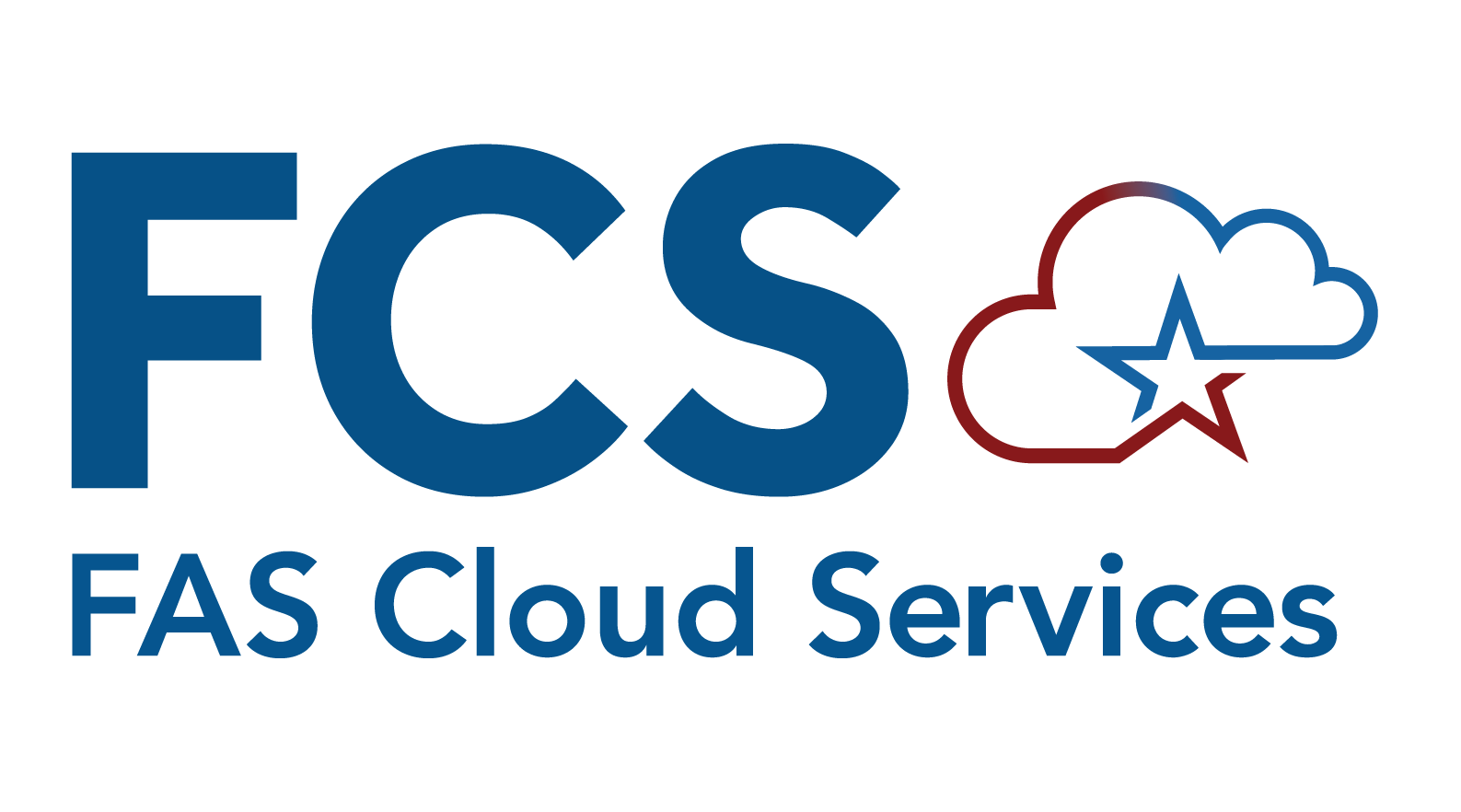Cloud Ecosystem of Managed Services
Application Runtime
Application Runtime capabilties provide the environments to operate applications from lower level languages and frameworks to higher level tools and services. The capabilities are grouped based on the level of runtime. Several groups having more than one option supported by FCS.
Description
FAS offers a content management system (CMS) to support content authoring, publishing, and hosting.
Key Capabilities Include:
- Content Authoring - Support for the ability for authors to create content, manage the content lifecycle and perform the content publication processes.
- Content Delivery - The ability for content to be made available through a website for end-user consumption.
- Plugins - The ability to expand on the default capabilities of the content management system through a standardized specification.
- Templating - The ability to control the look-and-feel of page rendering via use and re-use of templates, styles, and graphical assets.
Description
FAS offers container services enabling application development teams to package their applications in containers, build and deploy those containers with a pipeline, and operate those containers as part of an industry standard approach to container orchestration environment.
Key Capabilities Include:
- Container Orchestration - Container orchestration implements common patterns for running scaling containers at runtime and supporting the dependencies necessary for those services to operate correctly.
- Container Scanning - Container scanning allows the underlying container image layers to be able to be scanned for vulnerabilities.
- Container Registry - The registry allows containers to be published to a central repository supporting build once, use many patterns and configuration management.
Maturity:
Fully Optimized
FCS believes this capability has reached a level of maturity in FCS where it can be broadly deployed and used by FCS Tenants. Uses and limitations are well understood and costs have been baselined.
Technology
Additional Documentation
Description
FAS offers services to support the training and deployment of AI/ML models to complement, leverage, and enhance existing FCS data and application capabilities.
Key Capabilities Include:
- Model Training - The ability to apply a dataset to produce a model using either Supervised or Unsupervised techniques as part of a model training approach.
- Model Deployment & Inference - The ability to operate a model in a environment that exposes an end-point in order to make inferences using that model against a given set of data.
Maturity:
Concept Phase
FCS is exploring the capabilities in this area. It is is currently in as a proof of concept phase and not ready for broad consumption.
Technology
Additional Documentation
Description
FAS offers services to support the development and operation of custom application code using a variety of development languages.
Key Capabilities Include:
- Build /Compile - Tools that support the compilation and build of code.
- Scanning - Code quality metrics, vulnerability analysis, etc.
- Repository - Access to resolve dependencies during build/compile.
- Operational - An execution environment from which code can be deployed and operated (memory, compute, network)
Maturity:
Early Adoption
FCS is exploring the capabilities in this area. Currently only a proof of concept deployment is occuring with a single customer/tenant or with a handful. Use of the capability is still ad hoc and has yet to be baselined or have cost estimates established.
Technology
Additional Documentation
Description
FAS offers servics to support the development, management, and operation of application code implemented as functions based on the serverless architectural pattern.
Key Capabilities Include:
- Languages - The ability to express functions using supported development languages
- Entry-Point - A consistent entry-point specification for function execution and response
- Environment - A configuration of resources (memory and compute), duration, ramp-up, operational limits (e.g., timeouts), etc. in which the function will be operated
- Packaging - The ability to express a function in its dependencies as a single archive or artifact.
- Meta - Versioning, Tagging, etc.
Maturity:
Early Adoption
FCS is exploring the capabilities in this area. Currently only a proof of concept deployment is occuring with a single customer/tenant or with a handful. Use of the capability is still ad hoc and has yet to be baselined or have cost estimates established.
Technology
Additional Documentation
Description
FAS offers services to operate application workloads on top of standarized operating systems and application servers.
Key Capabilities Include:
- Linux Operating Sytems - Hardened and secure operating systems in order to operate FAS systems.
- Application Servers - The ability to operate applications packaged appropiately and to provide additional features to that application such as high availability or service discovery.


